The sustainable poverty reduction policy in Dong Thap has promoted human rights by ensuring basic rights such as the right to health care, the right to education and the right to a decent standard of living. Specifically, the province has issued health insurance cards, supported study costs, vocational training and supported loans and housing construction, thereby improving people's capacity, life and self-reliance.
By strengthening the integration, mobilization and effective use of resources from programs and projects in the area; promoting the mobilization of resources from the community and businesses to participate in support, contributing to the successful implementation of the goal of sustainable poverty reduction.
Accordingly By 2025, Dong Thap strives to reduce the province's poverty rate to 0.81% of the total number of households in the province, equivalent to a reduction of about 1,115 poor households, a decrease of 0.12%. By ensuring that 100% of poor households and near-poor households with needs and production and business plans can borrow preferential credit from the Social Policy Bank; 100% of students with difficult circumstances can borrow capital to cover their study expenses according to regulations, creating favorable conditions for poor households to access loans and banking services; ensuring adequate loan capital for poor households and near-poor households. Organizing vocational training for workers in poor households, near-poor households, households that have just escaped poverty and low-income workers who need to learn a trade; supporting short-term vocational training, food and travel expenses for poor workers to learn trades that are being encouraged to be trained, in order to meet the province's human resource needs. 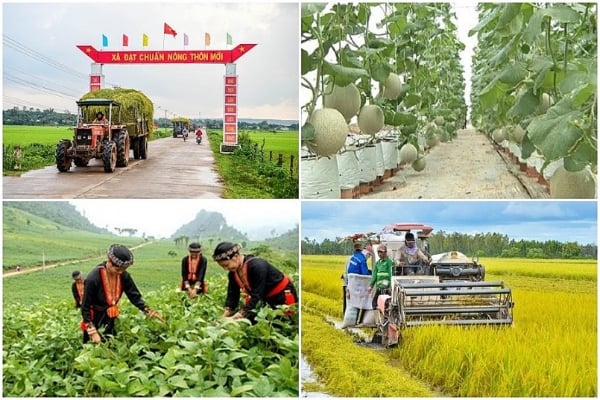
(Source: Internet)
Along with expanding vocational training to guide and support workers to work abroad under contracts, integrating with the National Target Program on New Rural Development, implementing agricultural, forestry and fishery extension projects and supporting production and industry development; providing technical guidance on planting, raising, preserving, preliminary processing and processing agricultural products; developing industries in rural areas to increase income and reduce poverty sustainably. Implementing policies to support the purchase and payment of health insurance for poor and near-poor households according to the provisions of law. Mobilizing organizations and individuals inside and outside the province to contribute to the Fund for medical examination and treatment for the poor. Mobilizing social organizations and socio- political organizations to organize free medical examination and treatment for the poor. Integrating and effectively implementing national health programs to care for and improve people's health, prioritizing poor households. 100% of preschool children, students at all levels, students studying at regular educational institutions following the general education program, students studying at secondary schools, college and university students from poor and near-poor households are exempted or have their tuition fees reduced according to regulations.
Promote socialized support for students from poor households and orphans due to Covid-19; mobilize organizations, businesses and individuals to support through forms such as: awarding scholarships, donating homes to encourage learning, implementing programs to help students go to school, supporting learning tools, clothes and means of transportation.
Especially support poor households, near-poor households with housing difficulties to have the conditions to build and repair houses. Provide free legal aid to poor households in need in the fields of: land, housing, inheritance, household registration, civil status, marriage and family, policies, insurance, labor and employment and strengthen the organization of mobile legal propaganda activities in disadvantaged communes.
Building, developing, replicating poverty reduction models and projects to support the development of production, business, services, trade, tourism, start-ups, and business start-ups to create jobs, sustainable livelihoods, and good income for poor households, near-poor households, newly escaped-poverty households, and people living in the island commune. Training, transferring science, technology, and techniques; vocational training, career guidance, job creation; supporting plant varieties, livestock, production materials, supplies, tools, machinery, equipment, production workshops, and physical facilities.
In particular, organize trade promotion activities, access markets, link production development, develop industries with preservation, processing, and consumption of products between poor households, near-poor households, newly escaped poverty households, communities with cooperatives, enterprises, organizations, and related individuals and other contents according to the provisions of law. Provide technical training, technical transfer consultancy; support crops, livestock, materials, tools, production equipment, fertilizers, animal feed, pesticides, veterinary drugs and other support according to regulations to innovate production methods and techniques, increase income, improve productivity, quality, production efficiency, create added value for producers, and escape poverty sustainably. Support access, direct or indirect intervention to prevent and combat malnutrition and micronutrient deficiencies for mothers and children under 5 years old in poor, near-poor and newly escaped poverty households; strengthen activities to improve the quality of school meals; Intervention to prevent and combat micronutrient deficiencies; protection and nutritional care for school children from 5 to under 16 years old. 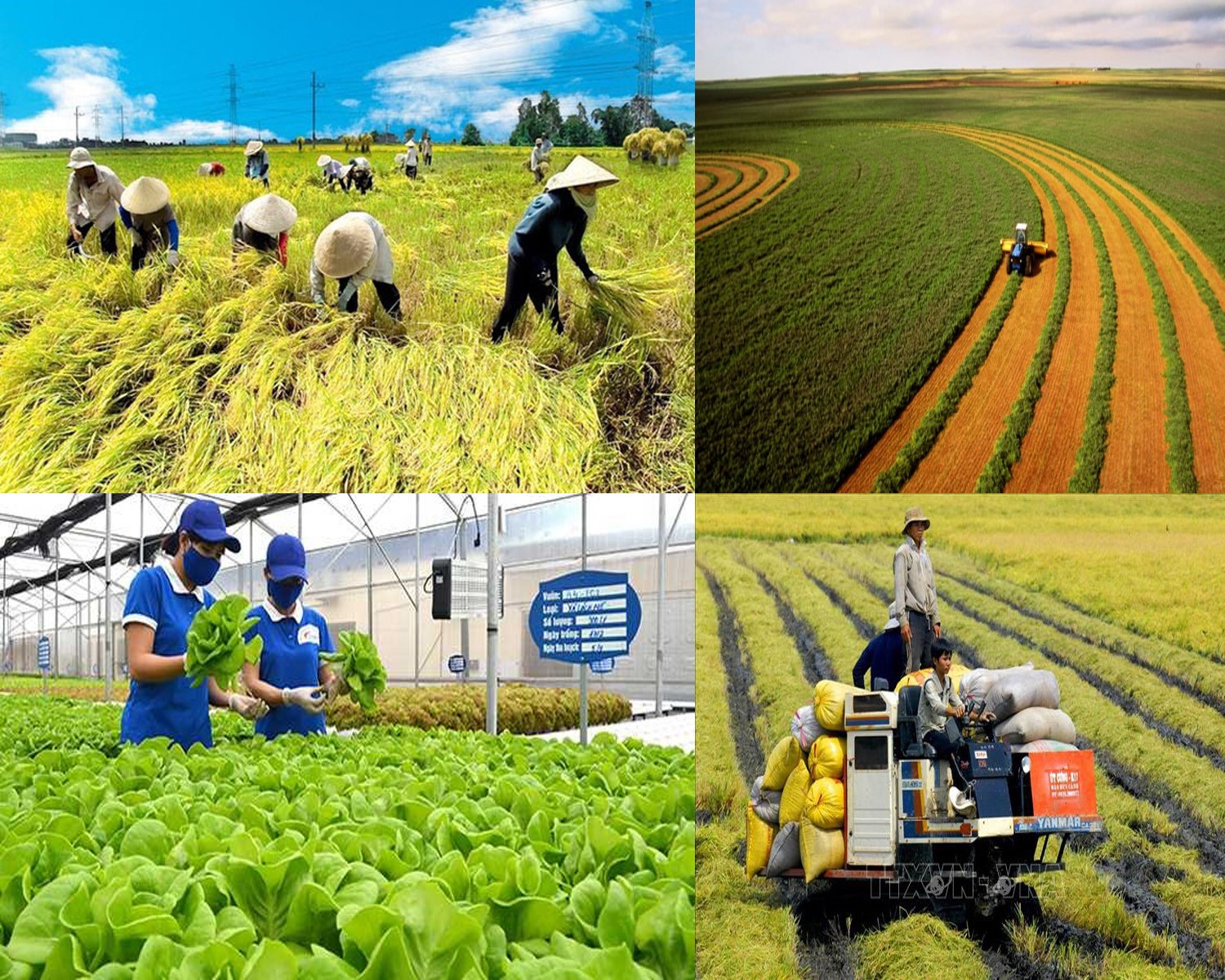
(Source: Internet)
Developing vocational education in poor and disadvantaged areas by surveying, collecting statistics, and forecasting vocational training needs; communicating, guiding careers, supporting start-ups and job creation in the province; developing a model of linking vocational education with businesses and cooperatives; providing vocational training for workers in poor households, near-poor households, newly escaped poverty households, and low-income workers. Providing labor market information, diversifying job transactions, connecting labor supply and demand, supporting sustainable job creation for workers, prioritizing workers in poor households, near-poor households, and newly escaped poverty households.
Building a database of job search - job seekers; supporting job transactions; managing labor in conjunction with the national database on population and other databases; collecting, analyzing, and forecasting the labor market; supporting successful job connections. Improving the capacity of information and communication officers, especially in border areas. Establishing public electronic information clusters at border gates to serve foreign information and propaganda work; and at the same time providing information and propaganda content for border communes. Providing public information services at public post offices, creating conditions for people in communes with difficult socio-economic conditions to access information. Strengthening the material facilities for grassroots information activities, including equipment for commune radio stations in particularly difficult areas, island communes and border posts, to ensure the provision of essential information content for society. Apply digital technology in equipping facilities and building platforms to provide essential information content. Prioritize support to enhance content for particularly disadvantaged communes and island communes, to ensure equal and effective access to information.
Organize the emulation movement "The whole country joins hands for the poor - No one is left behind"; commend and reward localities, communities, poor households and organizations and individuals with outstanding achievements in poverty reduction work; develop and implement information and communication programs to help people participate in and benefit from the Program; support access to basic social services including: employment, vocational training, working abroad under contract, health care, education, housing, clean water and sanitation, information, legal aid, social assistance and gender equality. Organize policy dialogue activities on poverty reduction at all levels and sectors, especially at the grassroots level; develop and operate a website on poverty reduction.
Develop documents and organize training, coaching, and foster knowledge, skills, and expertise for the team of officials working on poverty reduction; focus on contents related to the implementation of the Program and solving the shortages of basic social services for the poor, including: employment, vocational training, working abroad under contracts, health care, education, housing, clean water and sanitation, and information. Improve knowledge, skills, and expertise for the team of officials working on legal aid, social work, and gender equality, in order to effectively support the poor, vulnerable groups, and people in difficult circumstances. Training and fostering activities need to ensure practicality, be organized regularly, and be suitable to the requirements and practical conditions of the locality.
Bich Huong








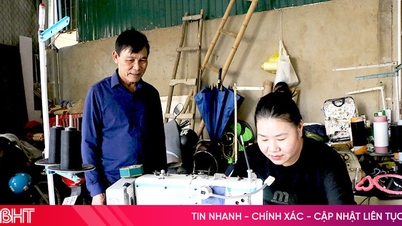



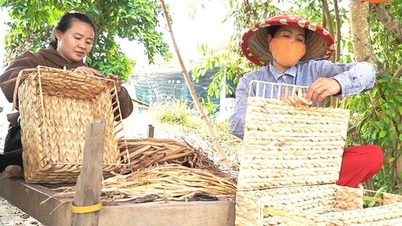

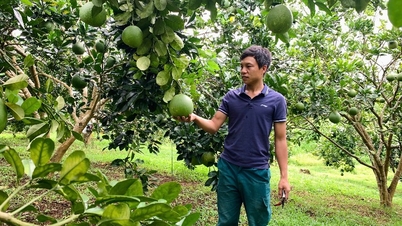

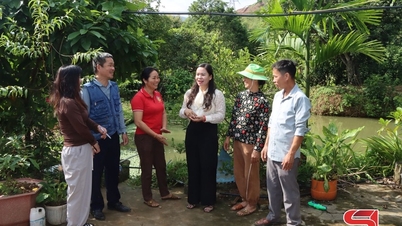

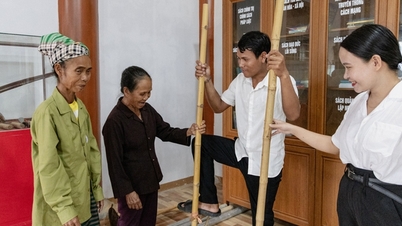







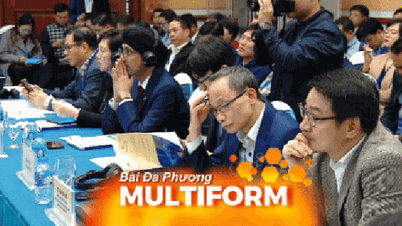
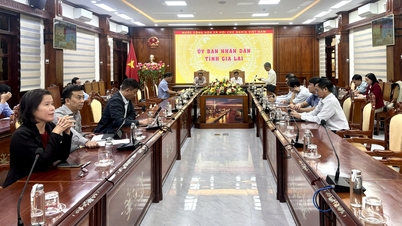























































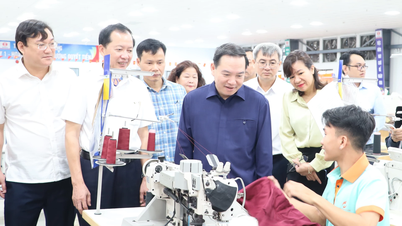

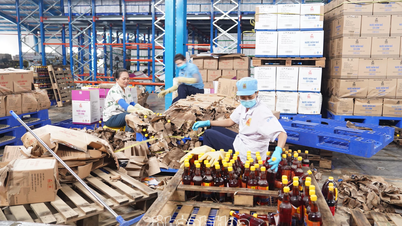
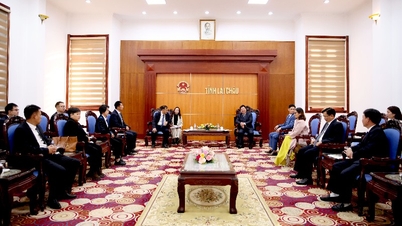
















Comment (0)